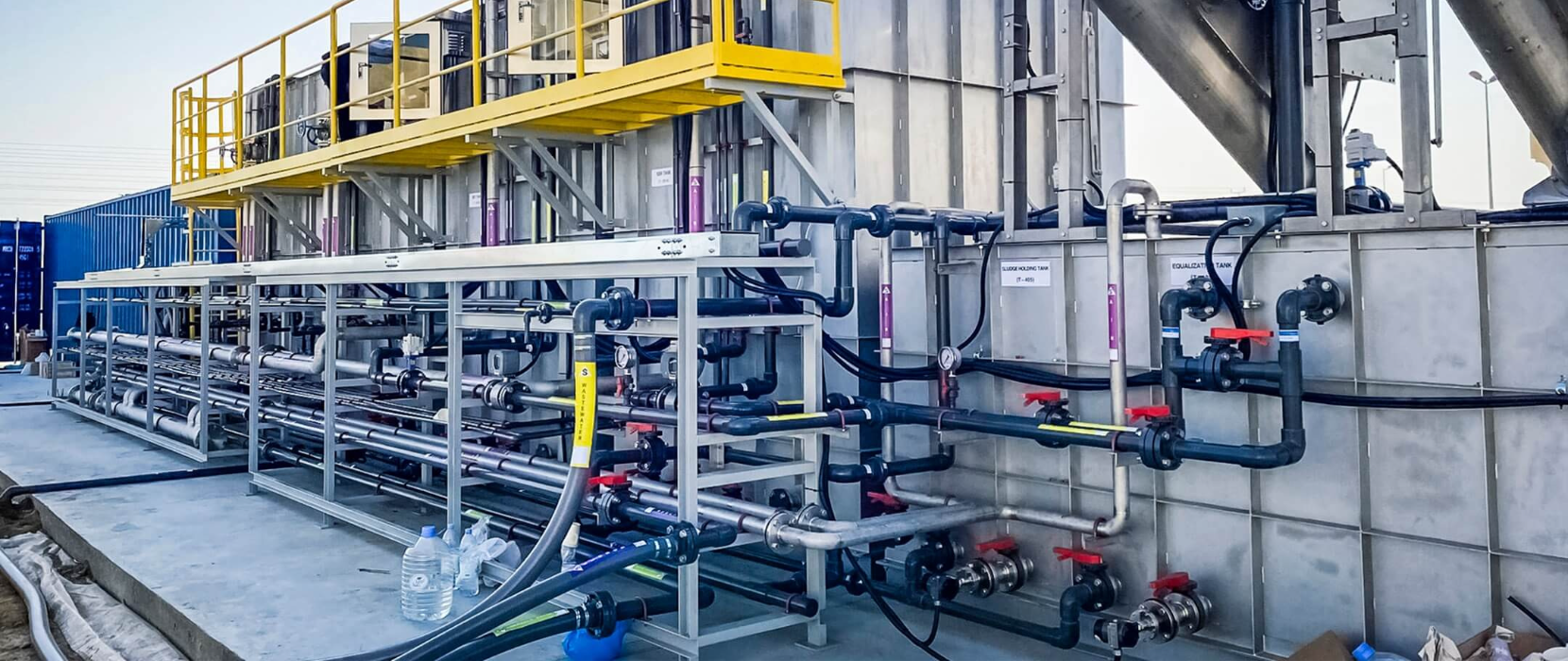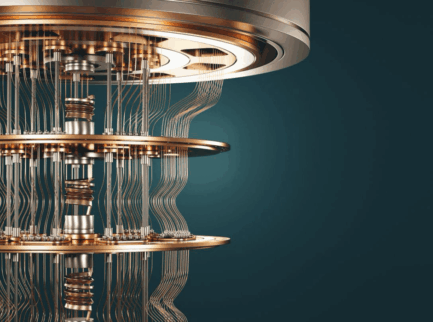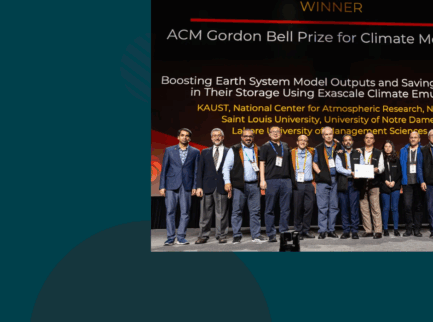KAUST Professor Pascal Saikaly and research scientist Dr. Muhammad Ali, a former research scientist at KAUST and currently an assistant professor at Trinity College Dublin, have recently developed and deployed a first-of-its-kind mobile decentralized wastewater treatment and reuse unit in Rabigh, Saudi Arabia.
The mobile, “plug & play” modular technology involves Aerobic Granular Sludge (AGS) and Gravity Driven Membrane (GDM) technology to efficiently treat and produce reusable effluent in areas not connected to a centralized sewer network. It can treat 150 m3 of wastewater, serving up to 1000-1500 people with reliable water quality for non-potable reuse applications, such as irrigation, horticulture, toilet flushing, and industry. The team is working together with KAUST Innovation & Economic Development and its local partner, the National Water Company.
The UN Sustainable Development Goals 6, 9, and 11 include access to safe water and sanitation, sustainable innovations and infrastructure, and sustainable cities and communities. This new technology aims to achieve these goals by making wastewater treatment more accessible for everyone in the country, with a significantly lower footprint and operational costs than more conventional systems. Moreover, when more units are installed in the future, they will support the Kingdom’s ambition of achieving 70% water reuse by 2030, in line with Saudi Vision 2030.
Currently, several areas within the Kingdom still do not have access to a centralized sewer network. The development of the system is very scattered, and it is not economically viable to provide wastewater networks in some parts of the Kingdom. In these areas, wastewater is collected and transported via trucks to be treated elsewhere. This is a costly process that contributes to many issues like traffic congestion, pollution, and greenhouse gas emissions. The new mobile system, which is the result of the team’s five-year research effort at KAUST, resolves many issues and has the potential to optimize the wastewater treatment process by making it possible to treat and reuse it at the source.
Read more about the Project here.




